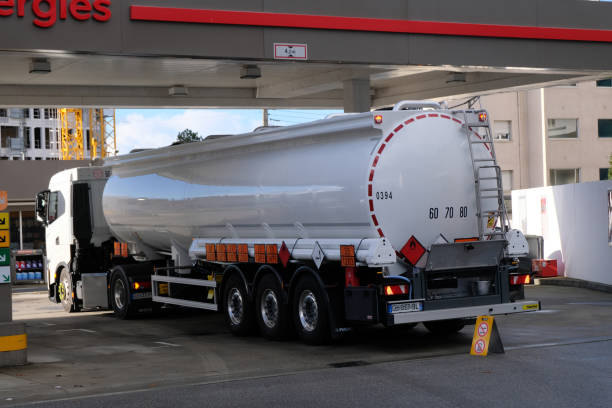Securing Peace of Mind in Your Business
In an industry article by Frank B. Thompson, an experienced insurance professional and owner of PT Risk Management, the worries keeping propane marketers up at night were laid bare. From fretting over finding more drivers to stressing about unpaid bills and hoping for a chilly winter to boost profits, propane business owners face a laundry… Continue reading Securing Peace of Mind in Your Business







